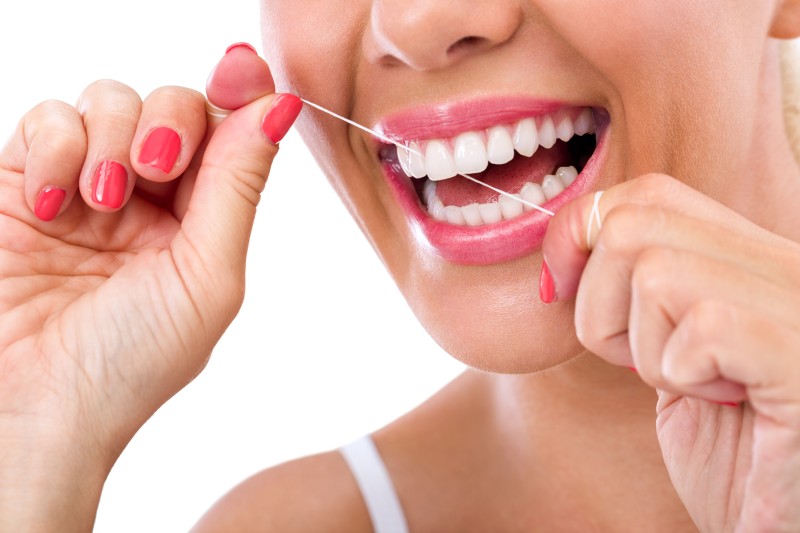Before getting dental implants, people should be aware of the risks of Dental Care Aventura. Patients with artificial heart valves or congenital heart disease are at an increased risk of inflammation of the heart valves (endocarditis) and, therefore, should receive preventive antibiotics before undergoing any dental procedure. Pain, swelling and bruising are a common result of dental implants as well.
It is helpful to cool the operated area immediately after the operation. If necessary, the dentist will also prescribe a painkiller. In case of dental implant pain, patients should inform their doctor. Here are a few other things to keep in mind.
Infection possibilities
An infection (peri-implantitis) can lead to the loss of the implant. The operated area can become infected immediately after implantation, but also months later. Bacteria are the main triggers. Risk factors include smoking, a dense, badly perfused jawbone, bad oral hygiene and a weakened immune system.
Frequently, peri-implantitis becomes noticeable due to bleeding gums. In contrast, pain is a rather rare symptom.
Cancer symptoms
Preventive antibiotics reduce the risk of infection and implant loss. However, antibiotics are not suitable for the treatment of peri-implantitis since they poorly reach the dental implants and have only a minor effect on the bacteria there. Often, the implants must be removed and a new set placed.
Proper Cosmetic Dental Care in Waikiki is a must and, therefore, should not be taken lightly.
Injuries
Basically, nerves, blood vessels, and bones can be injured when inserting the dental implants and lead to implant pain:
• Nerves: An injury to the lower jaw can cause permanent numbness of the chin and lower lip – a rare but serious complication.
• Blood vessels: Injuries to blood vessels are rare. As a precautionary measure, anticoagulant drugs must be discontinued before the operation.
• Bone: An implantation can lead to a jawbone injury, with severe jaw atrophy even to jaw fracture.
What do people have to consider after having dental implants placed?
After dental implants are inserted, people should pay attention to their oral hygiene. Start by using a soft, gum-free toothbrush, floss, and antibacterial mouthwash. If possible, avoid smoking, which can significantly impair procedure success.
Within the first year, the dentist should regularly examine the oral cavity and take x-rays to check the dental implants are correctly fitted. Browse the site for further details.


